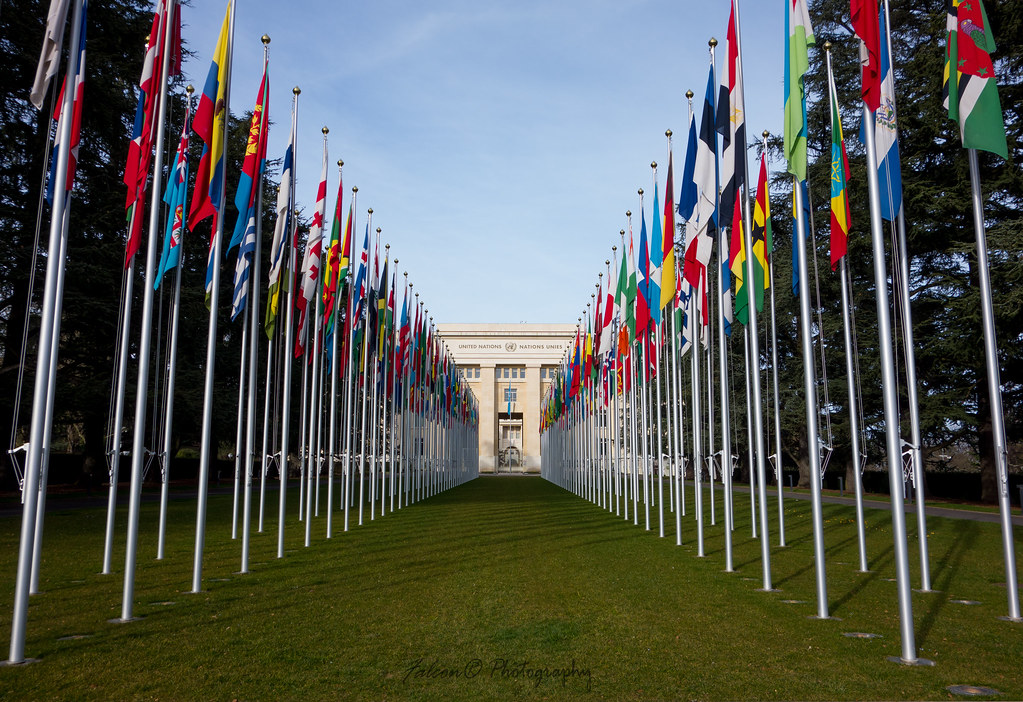The Philippine government has reiterated its commitment to the enforcement of the Anti-Terrorism Act (ATA), emphasizing its alignment with human rights standards. This was highlighted during the UN session on the country’s 7th Periodic Report under the International Covenant on Economic, Social, and Cultural Rights (ICESCR) held in Geneva, Switzerland.
According to a statement released by the National Security Council (NSC) on Saturday, the ICESCR discussions took place from February 18 to 19. Jonathan Malaya, NSC Assistant Director-General, assured that all ATA-related cases are subject to thorough legal examination. He stated, “Judicial authorities examine the probable cause independently and affirm the Department of Justice’s determinations by issuing warrants of arrest. The dismissal of cases is a testament to the judicial system’s effectiveness, ensuring only substantiated cases go to trial.”
The ICESCR, a United Nations treaty, champions basic rights including employment, social security, a decent standard of living, healthcare, education, and cultural participation while mandating participating countries to uphold these human rights.
Addressing criticisms of red-tagging, the National Task Force to End Local Communist Armed Conflict (NTF-ELCAC) argued against the agency’s characterization. Undersecretary Ernesto Torres Jr., the NTF-ELCAC Secretariat’s executive director, stated, “We deliver accurate insights regarding individuals involved in ‘terror grooming or radicalization,’ empowering communities to safeguard themselves.”
In May 2024, President Ferdinand “Bongbong” Marcos Jr. sustained the existence of NTF-ELCAC, even though the Supreme Court deemed red-tagging and guilt by association as threats to personal rights, granting a writ of amparo to former Bayan Muna legislator Siegfred Deduro.

